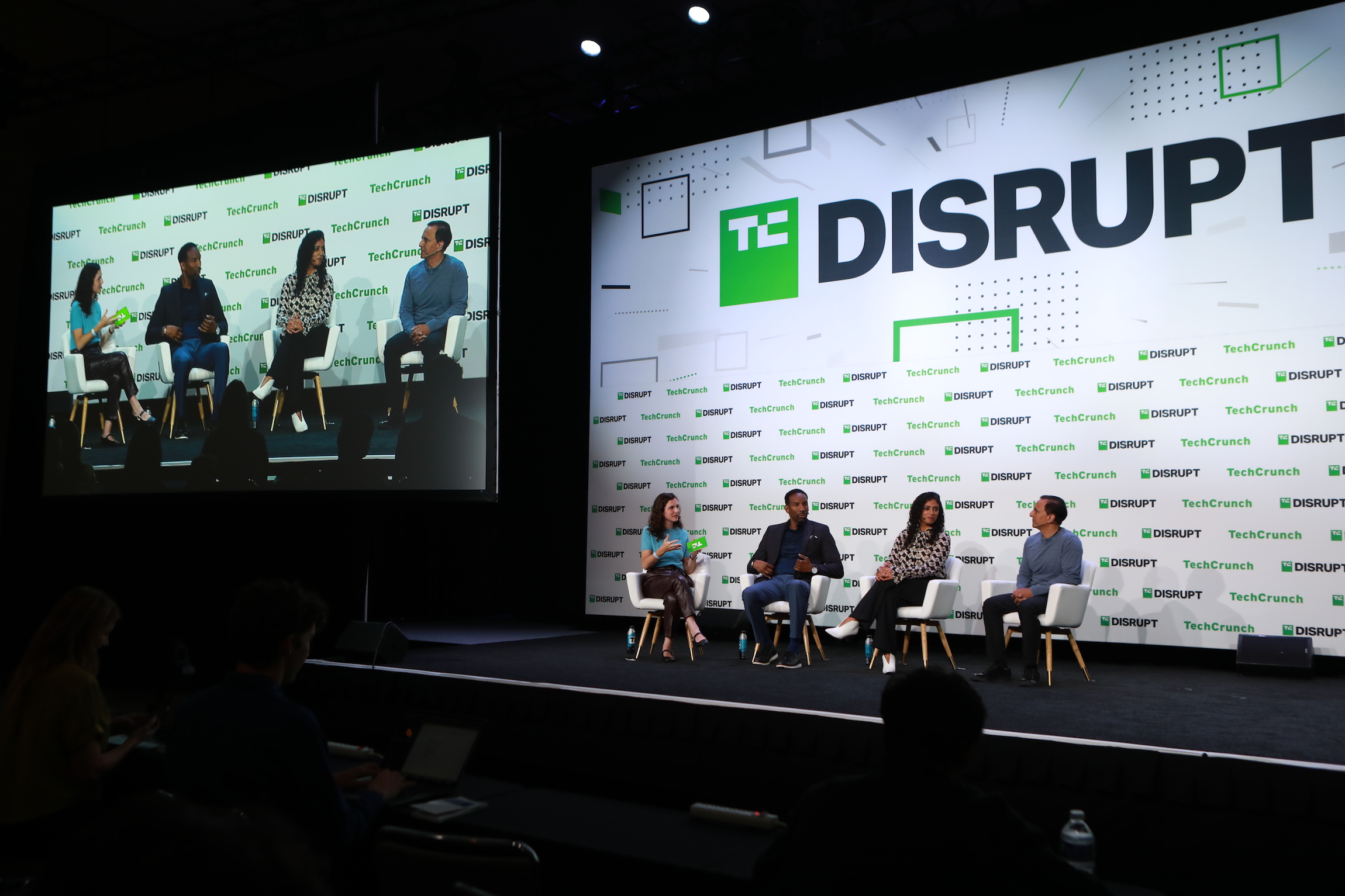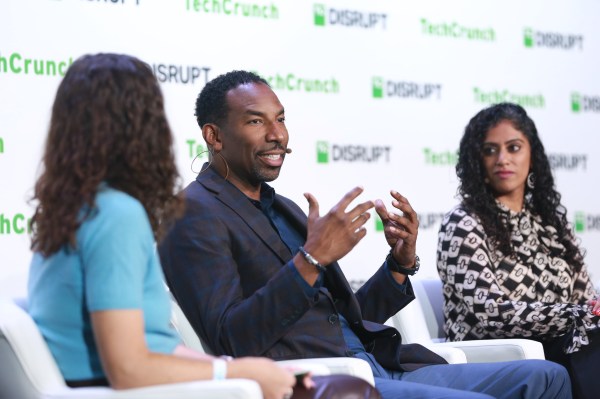Tech companies say they will help cities reach their ambitious decarbonization goals, but increasing public trust and working closely with government partners is key, panelists said during a roundtable on sustainability in cities at TechCrunch Disrupt 2023.
These issues were thrown into sharp relief for the city of Atlanta a few years ago, when electric scooters appeared seemingly overnight, Atlanta mayor Andre Dickens said. Calling the rollout chaotic may be an understatement: People were driving scooters on highways, and there were even a handful of fatalities after scooter drivers were hit by cars. In response, Atlanta officials had to rethink the rules and regulations around this new technology.
“It was a challenge,” Dickens said onstage. “What we had to do was come up with some standards and to really start having a community-based dialogue with the scooter providers, as we are suggesting now as people go forward, as companies look for new innovative solutions, to always look for starting those conversations with the city and with the community in mind first.”
Unease with new tech came into sharp relief earlier this month, when a video went viral of an individual aggressively vandalizing a Cruise autonomous taxi on the streets of San Francisco. Prashanthi Raman, Cruise’s VP of Global Government Affairs, said that part of that response may simply be that the technology is new.
“What’s happening is people are starting to see how great the technology is, but they also want to test its limits,” she explained. “It’s like a new toy. But these toys are not to be messed with. They are actually really delivering some very important services in and around San Francisco.”

TechCrunch Sustainability Cities panel at Disrupt 2023 in San Francisco on September 20, 2023 (Image Credits: R. Marlowe/The Photo Group for TechCrunch)
Of course, if any company can claim a rough-and-tumble relationship with cities, it’s Uber. In an earlier phase of its development, the company was known for rapidly bulldozing into new cities with little regard for local laws or taxi regulations. But the company, which went public in 2019, is taking a very different approach now, Uber’s chief product officer Sundeep Jain said.
“No one can really do this alone. It will require between technology companies and between private sector and public sector,” he said. “Today, government is our partner, period.”
These comments were echoed by Mayor Dickens.
“If you’re doing it on public roads . . . if you’re utilizing any infrastructure that is in the public domain, it’s not just your company. Now you have a relationship with a city government, which means you have a relationship with the public that supports and elected that city government. Coming in with the right mentality about a public private partnership is the best way to go so that the best outcomes come about.”
Raman described it not as a tech race, but a “trust race.” It’s a lesson that Cruise has no doubt had to learn recently, when the company entered commercial service in San Francisco last summer. But that service has not been without its issues: In one instance, a Cruise robotaxi collided with an emergency vehicle, an incident that resulted in an order from the city to reduce its fleet by 50%, an order to which Cruise complied.
“You can’t build a business or one that’s hopefully to be commercially profitable at some point without establishing genuine, authentic, organic relationships and building that trust,” Raman said. “That is through partners like the city government, that partners with other regulatory bodies, with other governmental agencies, constituency groups, community organizations, neighborhood associations, and the like.”
